Progress Powered by Research
Breast Cancer Canada invests donations into life-saving research that directly impacts Canadian patients.
That means better answers, bigger breakthroughs – and more personalized treatment for every breast cancer diagnosis.
The more we know, the sooner we can end it.
Breast Cancer Research Pillars
Breast Cancer Canada funds research initiatives that surround precision oncology. This is broken down into our research pillars
Basic
Science
Basic Science research delves into the fundamental biological processes underlying breast cancer development and progression.
The information uncovered by basic science projects lay the groundwork for all other research that follows.
Screening &
Detection
Here, we focus on developing new, less invasive technologies that offer higher quality results for early cancer detection.
New personalized technology like genomic blood tests that identify breast cancer during screening or machine learning that assists a clinician for more accurate breast cancer detection.
Treatment
Research explores treatments tailored to the over 50 different types of breast cancer.
We seek projects that are developing targeted therapies that address the unique characteristics of each subtype and optimize patient outcomes.
– Novel drug targets, exploring combination therapies, immunotherapy and other precision medicine approaches.
Patient Reported Outcomes
This pillar emphasizes gathering and analyzing data directly from patients to better understand their experiences and needs throughout the cancer care journey.
This shapes treatment and surgical interventions that impact many aspects of a patient’s life.
Internal Research Projects
PROgress Tracker Breast Cancer Registry is a knowledge-based research study collecting Patient Reported Outcomes (PRO) from breast cancer patients from across the country.
The goal is to lead us to more directed research, updates in health care policies and treatment advances.

Progress CONNECT is an online tool designed that provides patients with information specific to their type of breast cancer.
The goal is to help patients have thoughtful discussions with their treating oncologist by providing up to date evidence-based information.
Breast Cancer Canada Translational Research Unit
Over $10-million
BCC-TRU researchers are moving into exciting new areas of investigation including population data analysis, genomics and artificial intelligence. By incorporating these “big data” approaches, the team hopes to continue progressing towards a cure for breast cancer.
Over the past 25 years, research in the BCC-TRU has focused on the understanding, prevention, tracking and treatment of metastasis, the deadliest aspect of breast cancer.
Thanks to donor support, the BCC-TRU has served as the exemplar for how to engage basic scientists, clinicians and trainees together to carry out impactful, patient-focused cancer research.
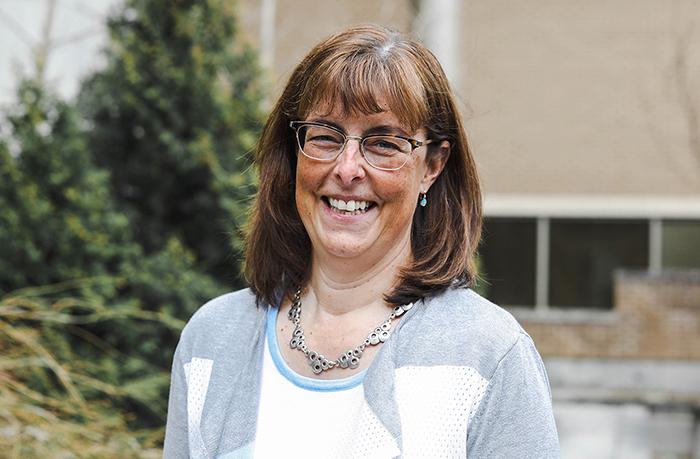

Dr. Jane Bayani and Dr. Melanie Spears $250,000 to the Ontario Institute for Cancer Research
Dr. Jane Bayani and Dr. Melanie Spears are helping bring new diagnostic tools to breast cancer patients as part of OICR’s Diagnostic Development program. They are also studying the mechanisms of metastasis in breast cancer, as well as the impact of lifestyle and environmental factors on breast cancer risk.
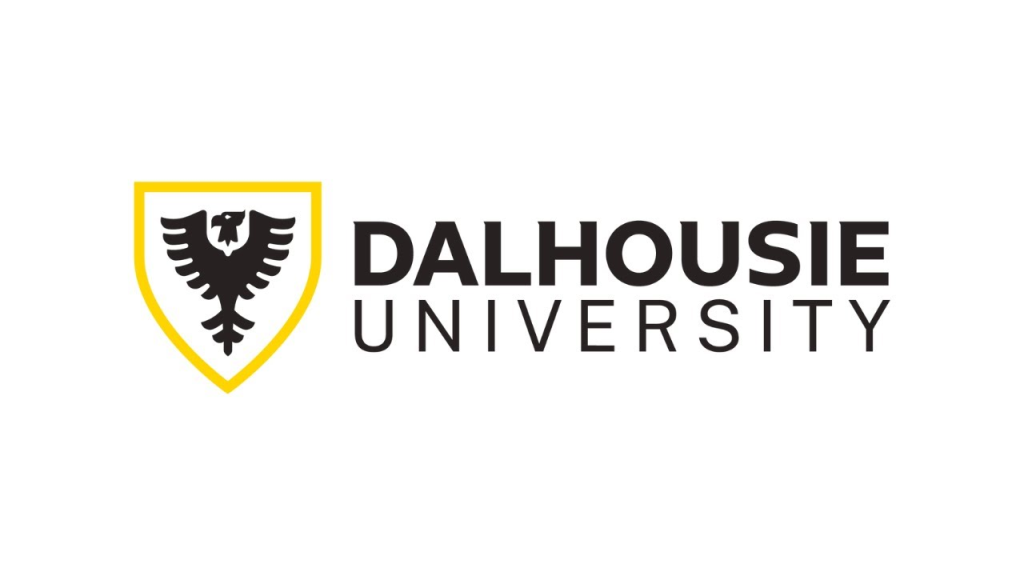
$250,000 to Dr. Paola Marigani to identify HER2+ markers
About one third of all breast cancers are classified as HER2-positive due to high levels of the HER2 cell surface protein. Drugs that target HER2 have been successful, however this type of cancer returns at a high frequency once treatment has been completed.
Dr. Paola Marignani’s research aims to identify unique markers associated with HER2+ breast cancer recurrence.
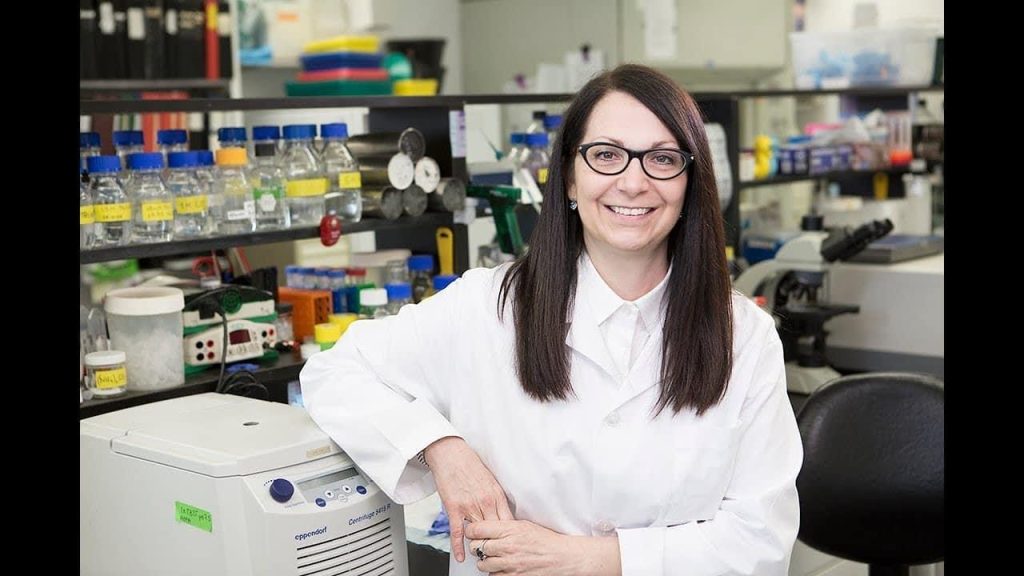

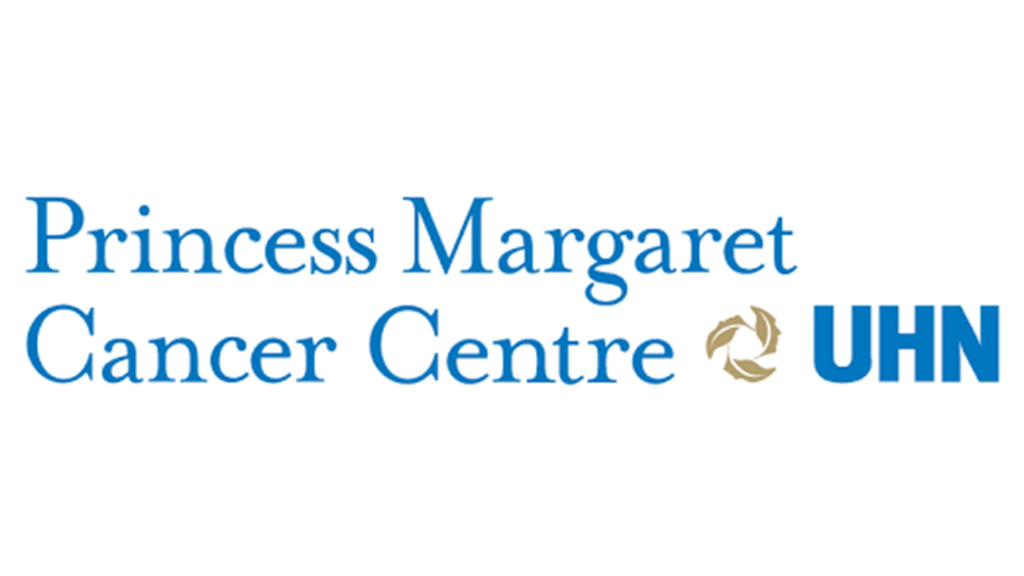
$3-million to Prevention
Dr. Rama Khokha and her team are working on molecular breast cancer prevention research to improve early detection, screening, treatment and ultimately, future prevention strategies for high risk groups.
“With BCC’s unparalleled support for our bold ideas, we will strive to progress Canada’s position as a leader in cancer prevention.”
— Dr. Rama Khokha, world-renowned expert in mammary stem cells and breast cancer research

$2.5-million to McPeak-Sirois Group
The commitment to McPeak-Sirois Group is opening access to clinical research for patients living outside major urban areas.
The partnership is amplifying the geographical reach and impact – while enabling regional hospitals to offer the latest clinical trials to breast cancer patients.
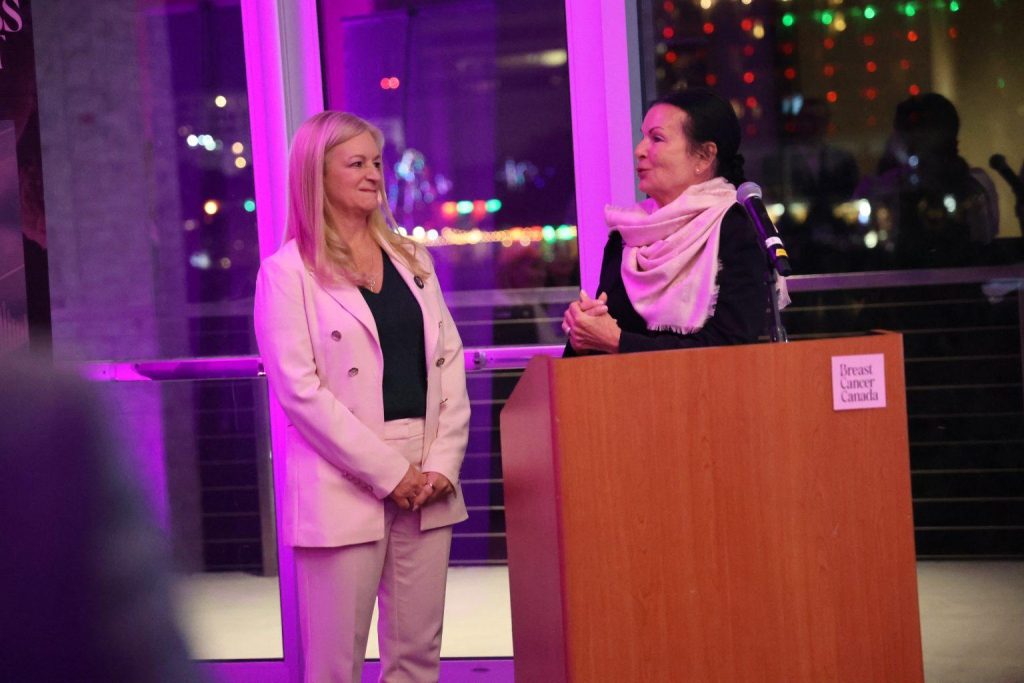
Precision Oncology Research Grant Recipients

Dr. Saima Hassan, Centre de Recherche de Centre Hospitalier de l’Universite de Montreal
Immunotherapy & PARP Inhibition
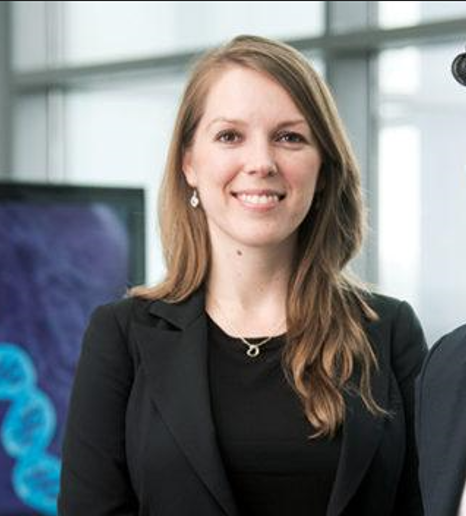
Dr. Katarzyna Jerzak, Sunnybrook Odette Cancer Centre
MicroRNA predictive biomarkers

Dr. Joanne Kotsopoulos, Women’s College Hospital, University of Toronto
Long-term outcomes of BRACA1
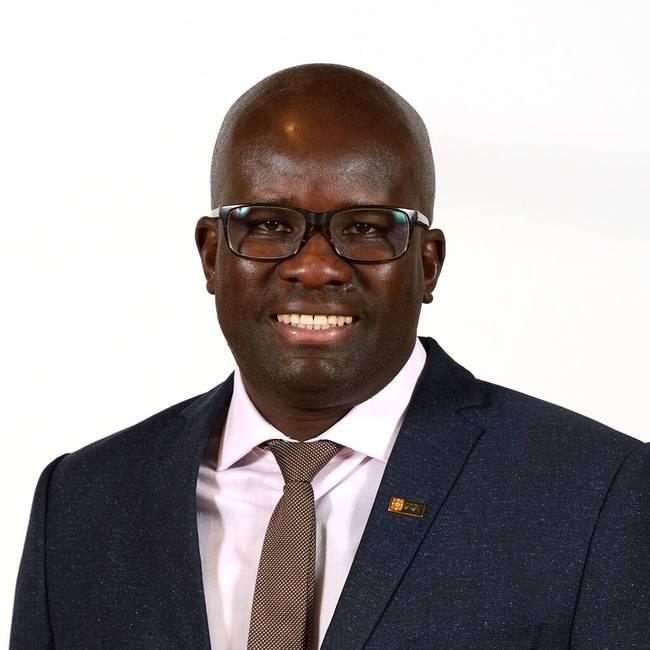
Dr. Hermann Nabi, Quebec City University Hospital Research Centre
Personalized risk-stratified follow-up care

Dr. Luc Sabourin, Ottawa Hospital Research Institute
Sox10 genetic activity in HER2+ breast cancer

Dr. Mohammad Reza Akbari, Women’s College Hospital, University of Toronto
Young-onset patients with ER+/HER2-

Anand Krishnan, University of Saskatchewan
Novel therapeutic targets for the treatment of breast cancer

Carrie Shemanko, University of Calgary
Exploring the role of prolactin in Metastatic breast cancer cells and the bone.
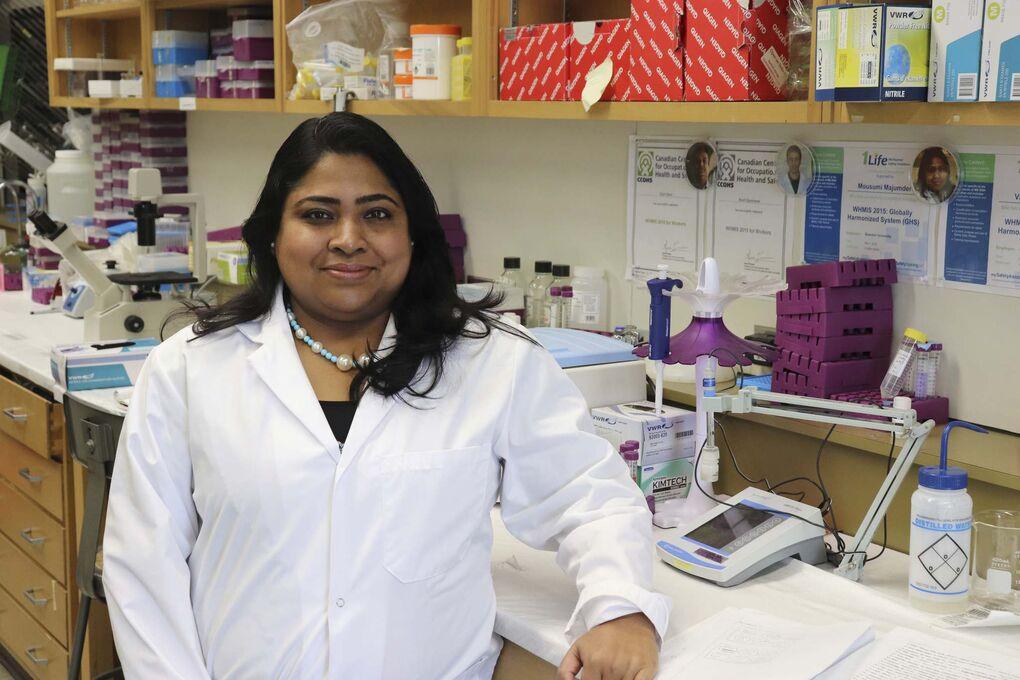
Mousumi Majumder, Brandon University
Precision Genomics Research – development of a simple blood test to detect breast cancer
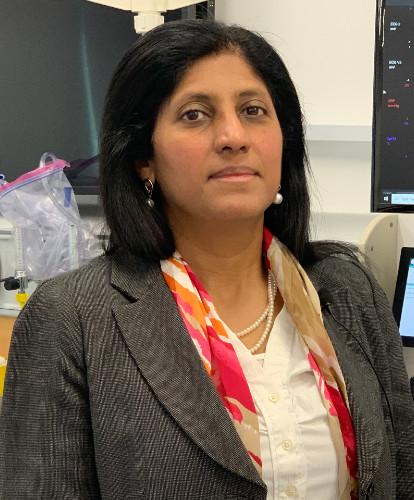
Melba D’Souza, Thompson Rivers University
Patient Reported Outcomes – Experiences of indigenous breast cancer patients in rural B.C.

Jim Xiang, University of Saskatchewan
Developing novel HER2- targeted T cell vaccines for HER2+ breast cancer

Lisa Porter, University of Windsor
Targeted alternative therapies for patients with Triple Negative breast cancer (TNBC)
Matched Grant
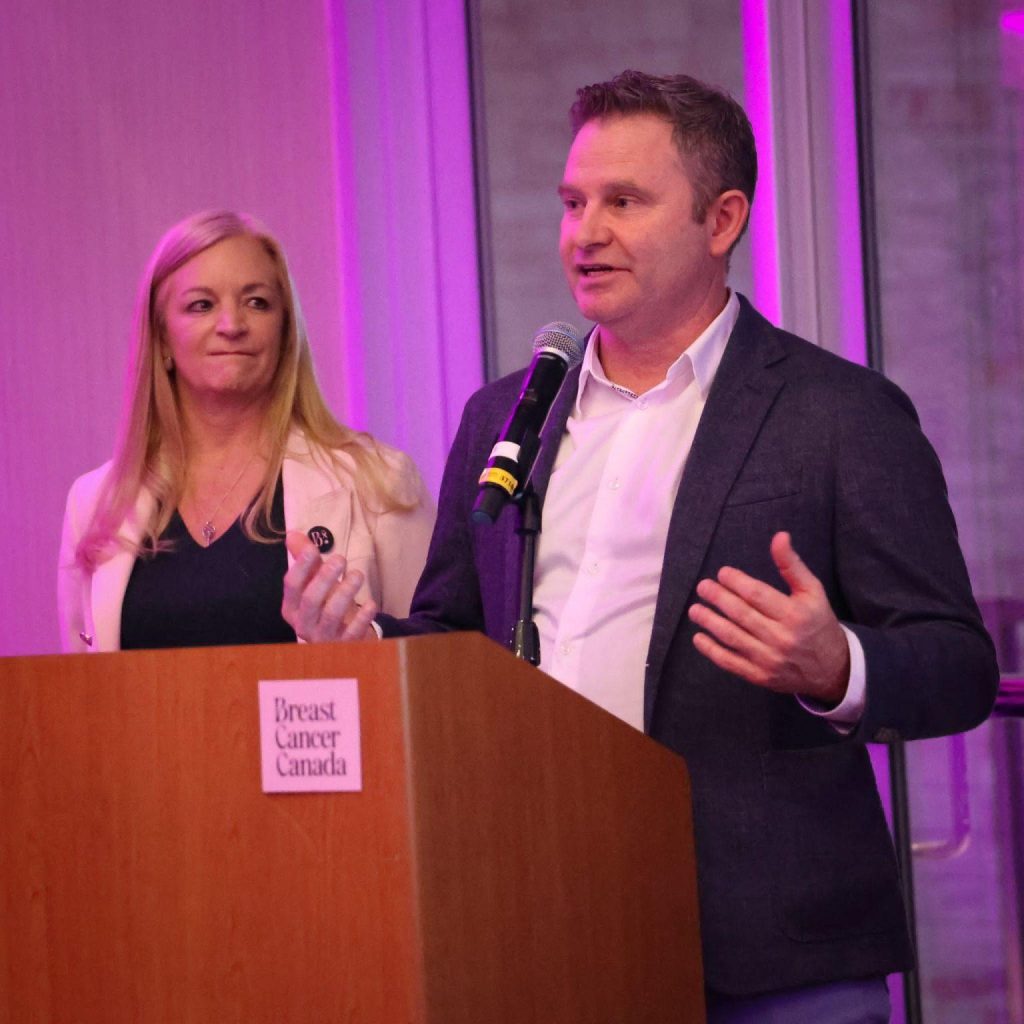
Breast Cancer Canada in collaboration with AstraZeneca announce $200,000 in grants for Screening & Detection
These grants were awarded to two Canadian research teams committed to advancing breast cancer screening or detection through the integration of precision diagnostics and AI technology.
$200,000 Screening & Detection Grant Recipients

Dr Elijah Van Houten
Université de Sherbrooke, Sherbrooke, Quebec
Dr Van Houten’s research uses state of the art technology to build a sensor bra to measure suspicious breast lumps with a goal to revolutionize simple and convenient screening and detection.

Dr Luke McCaffrey
Goodman Cancer Research Centre McGill University, Montreal, Quebec
To reduce the need for more invasive therapy, Dr. McCaffrey’s lab is developing a machine learning model to discriminate between ductal carcinoma in situ (DCIS) and minimally invasive types of breast cancer (MIBC).
Contact Us
Breast Cancer Canada
National Office
Sarnia, Ontario
N7T 8A4
- 1-800-567-8767
- 1-519-336-5725
